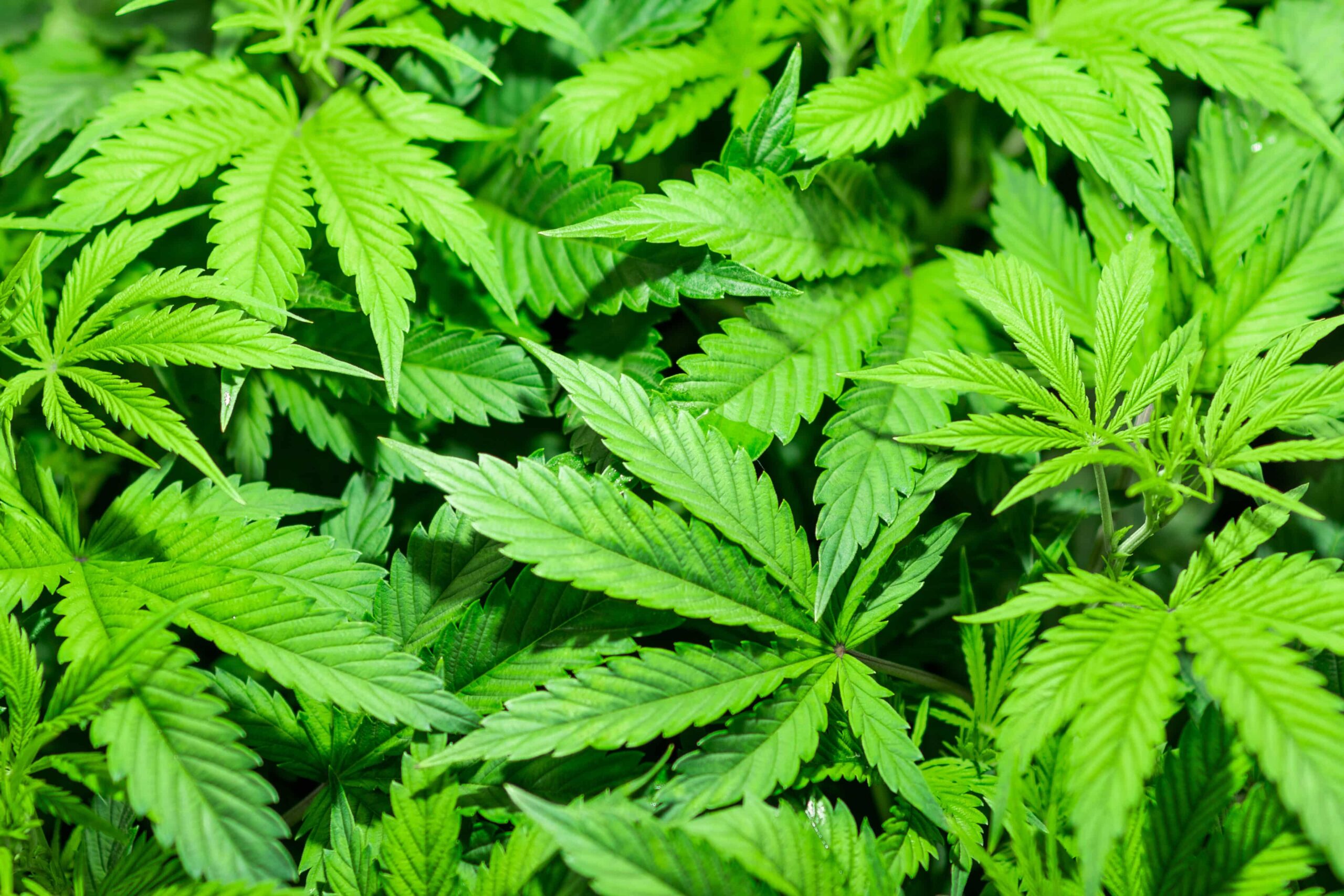
Hot hemp and Delta-8 products in Virginia result in “aggressive” fines
Virginia’s new, stricter regulations took effect, specifically aimed at delta-8 THC sellers, and resulted in a series of warning letters to retailers caught selling non-compliant products. Copycat treats, delta-8 THC products, and others have been reported.
The Virginia Department of Agriculture and Consumer Services (VDACS) sent out five non-compliance letters on July 24, listing penalties ranging from $13,000 to $97,500.
The letters detailed various violations with subsequent fines. “If the same violations are found during a future inspection, the civil penalties imposed will increase,” says the letters from the VDACS. However, business owners have the option to pay a reduced fine of $10,000 if they agree to bring their businesses into compliance and meet other conditions.
The move follows a new civil sanctions structure that went into effect on July 1. Chapters 744 and 794 of the 2023 Assembly Acts were amended to deal with D8 products and hot hemp.
“Valid from July 1, 2023,” it usually says. “When a hemp product is offered for retail sale, it must contain no more than 0.3 percent total tetrahydrocannabinol (THC) and must not contain more than two milligrams of total THC per package, unless the ratio of cannabidiol (CBD ) to THC of the product is at least 25 parts CBD each part THC. “Total THC” means all THC in a product, including delta-8 THC, delta-9 THC, and other THC isomers.”
Virginia Mercury reports that the largest fine ever was imposed on a retailer named Tobacco Discount in Gate City, southwest Virginia. VDACS found 36 banned products, and inspectors said 27 of them found intoxicating THC concentrations above the legal limit of 0.3%.
“That’s just overkill, as we’ve all warned,” Virginia Hemp Coalition President Jason Amatucci told Virginia Mercury. “They impose fines and are very aggressive about it.”
Others contained hemp-derived forms of THC or had labels that showed a “significant resemblance” to common snack foods, particularly granola bars with names like “Lucky Marshmellow” and “Berry Crunch.”
Many of the products tested were jelly beans and granola bars that were said to contain Delta-8, a compound derived from hemp that can induce a high similar to marijuana.
Hemp companies pull out of Virginia
The latest round of letters and fines is putting some hemp companies in the state on the brink, prompting them to leave Virginia.
One such company, Redfern Market, is a 10-employee hemp nursery and retail store located in Caroline County, Virginia.
“I guess I have to go to North Carolina,” the owner of Redfern Market told Richmond Magazine. “We sell everything from dog treats and creams to gummy bears and chocolate. We have a range of products for different purposes, many of them medical and wellness, but 90% have to go.”
Jason Amatucci of the Virginia Hemp Coalition agreed, describing how regulators were trying to shut down the state’s hemp industry. “They’re trying to scare us and shut down the industry,” Amatucci said. “A lot of companies tell me they’ve had enough. Why would you work in a state that treats you like trash?”
Virginia was the first Southern country to legalize cannabis, and the 2018 Farm Bill opened the door to hemp, but critics say Gov. Glenn Youngkin isn’t making it easy for the hemp industry. “It was very difficult to communicate with the governor’s office when Youngkin walked in. I couldn’t set up a meeting with the lieutenant governor to talk to her about the industry. It was very difficult,” said Amatucci. “They’ve only just started chasing us.”

Post a comment: